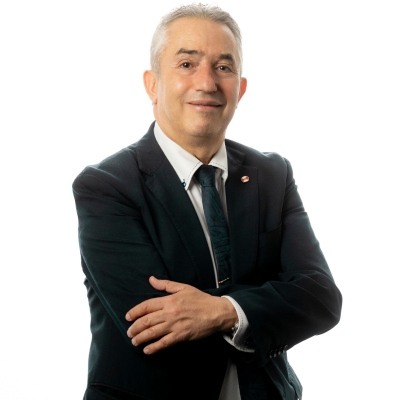Karim Zaghib, professor of chemical and materials engineering and CEO of Volt-Age, says that Volt-Age’s arrival is timely because “a new era of electrification is crucial if we are to create green and resilient communities that will thrive for years to come.”
The impressive list of advisory board members, who played a crucial role in creating Volt-Age, includes chair Norman Hébert, BComm 77, executive chair of Groupe Park Avenue and former chair of Concordia’s Board of Governors, and Grégoire Baillargeon, president of BMO Financial Group Quebec and vice-chair of BMO Capital Markets.
 Karim Zaghib, professor of chemical and materials engineering and CEO of Volt-Age.
Karim Zaghib, professor of chemical and materials engineering and CEO of Volt-Age.

 Photo credit: Marc-Olivier Jodoin on Unsplash.
Photo credit: Marc-Olivier Jodoin on Unsplash.
 From left to right: Christopher Gibbs and Jiarui Li, BCSc 22.
From left to right: Christopher Gibbs and Jiarui Li, BCSc 22.